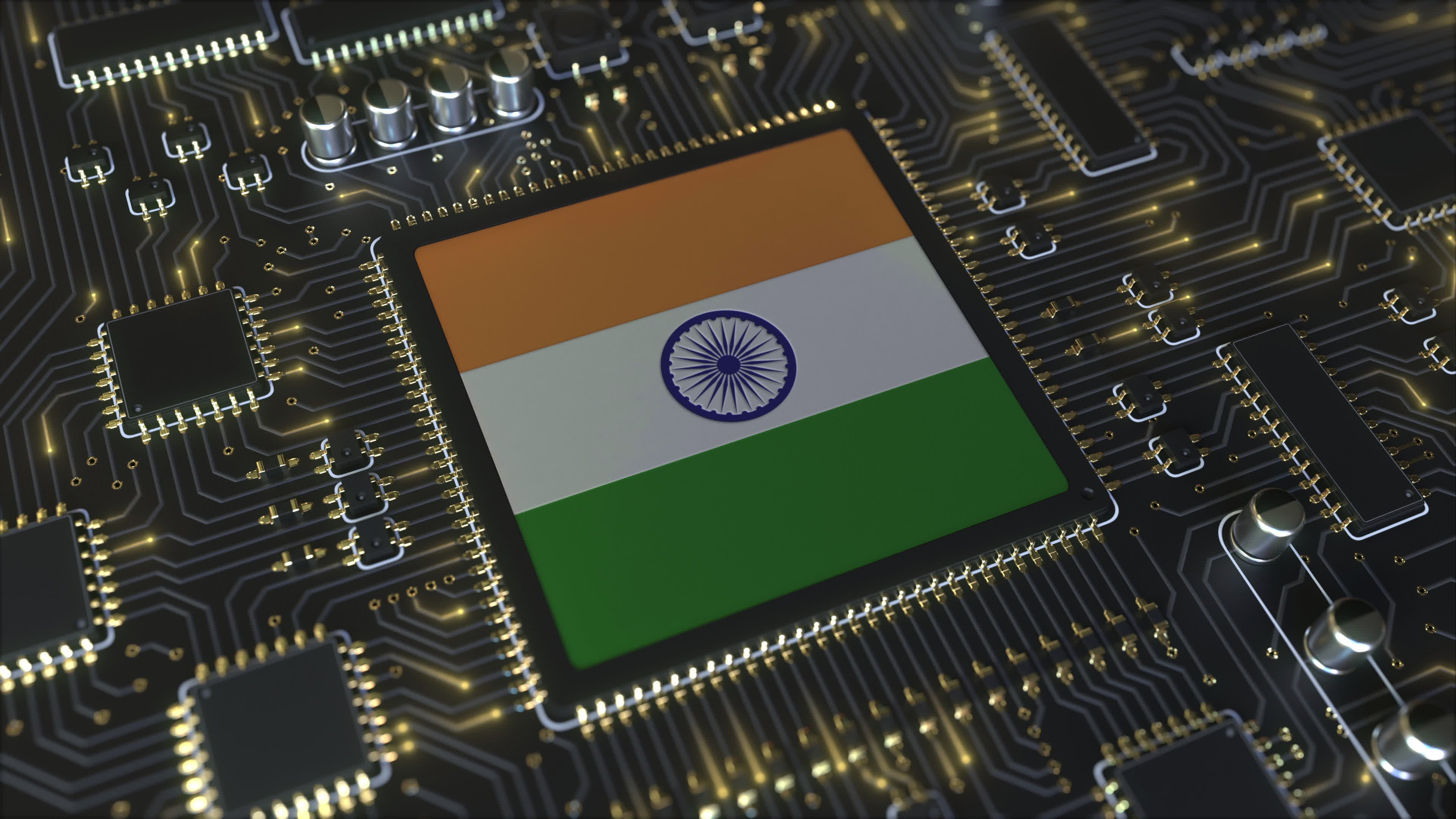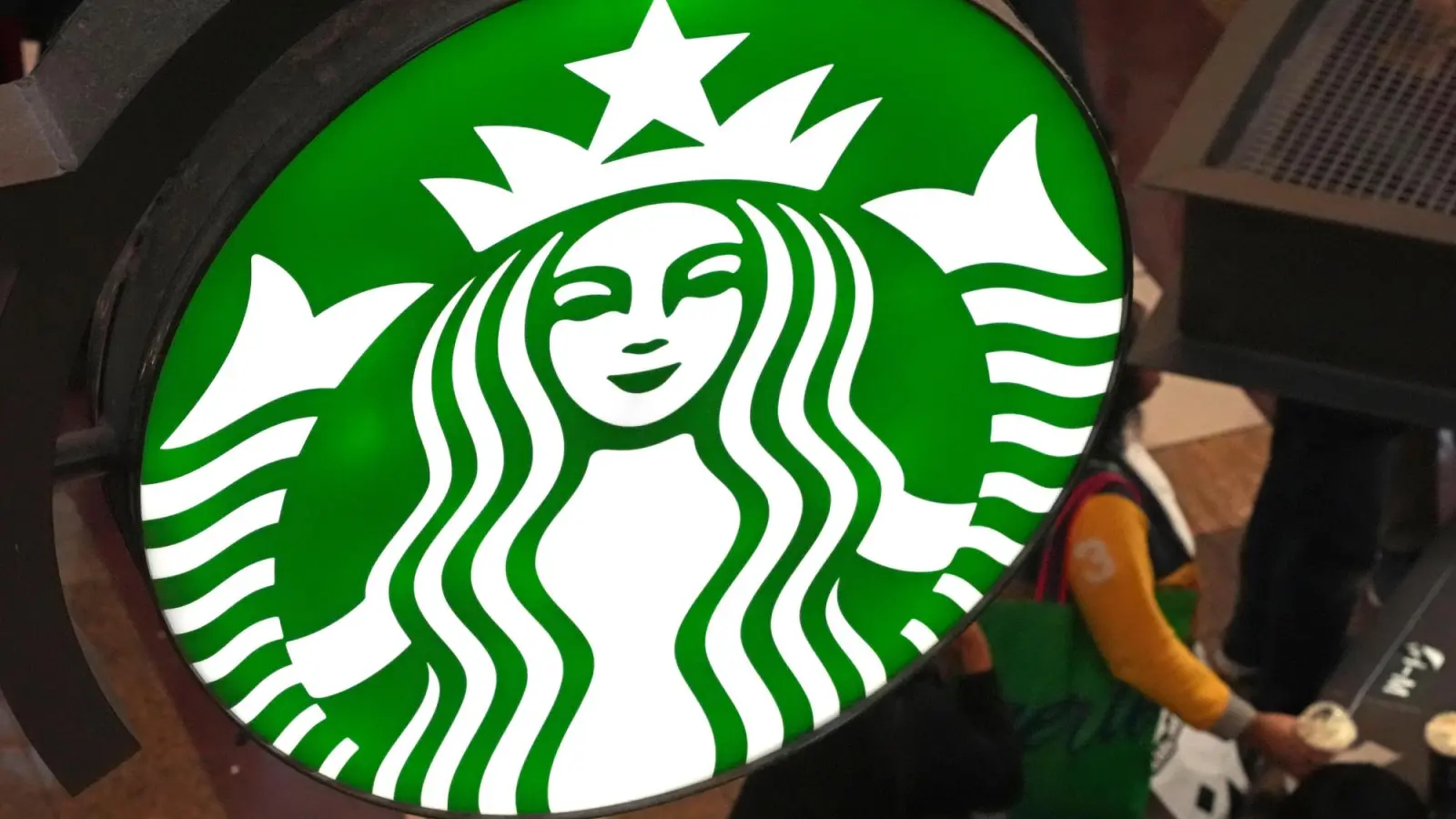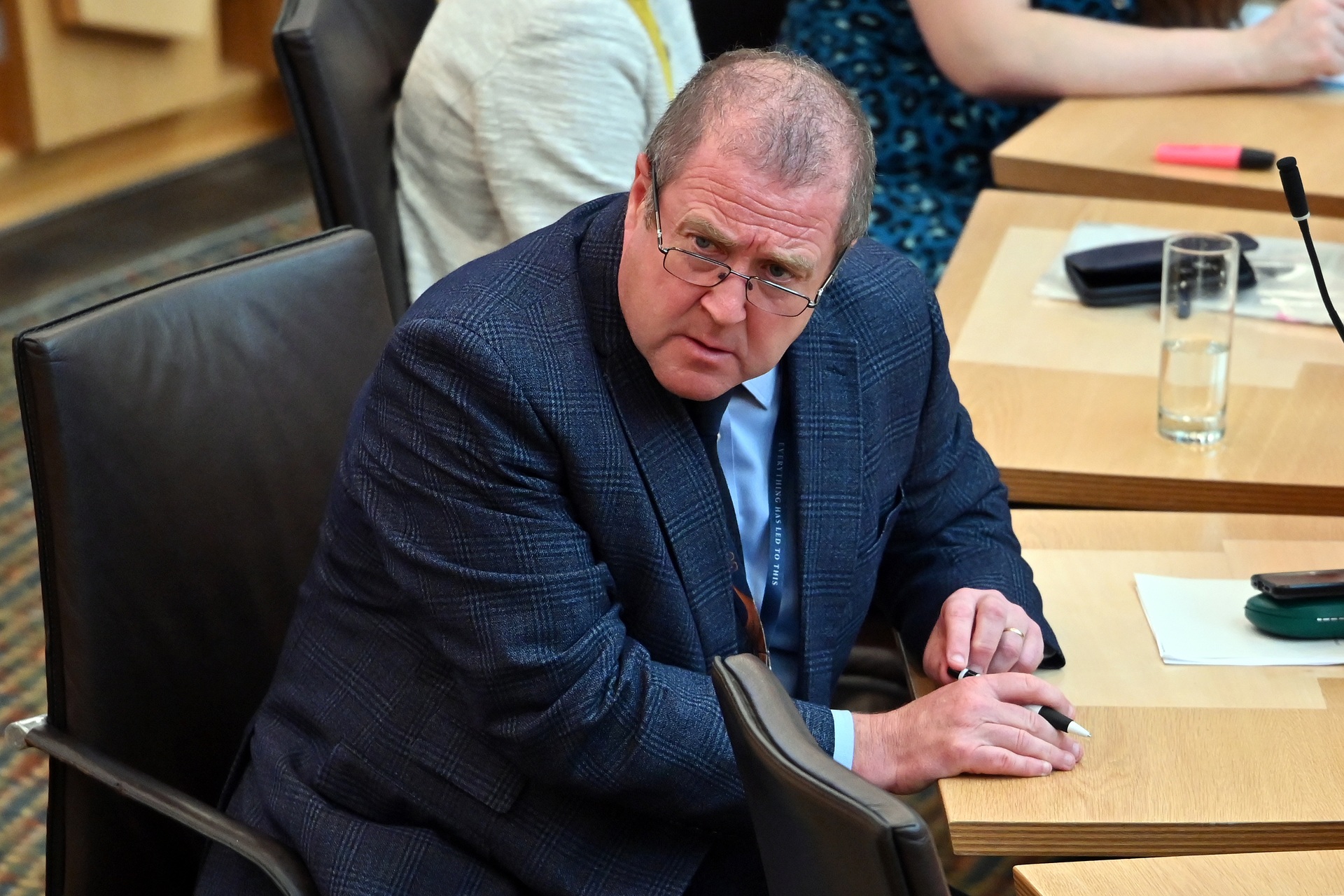By Biman Mukherji
Copyright scmp

US President Donald Trump’s announcement of an up to fifty-fold increase in the cost of skilled worker permits under the H-1B visa programme has rattled India’s tech industry, which has provided highly qualified manpower and services to American enterprises for decades.
On Friday, Washington announced that the H-1B fee would be raised to US$100,000, from a range of US$2,000 to US$5,000 previously, based on the manpower strength of the company applying for the visa.
The H-1B is a three-year renewable work visa programme that economists say has helped American companies stay competitive and grow their business.
Workers from India have consistently accounted for the majority of approved H-1B applications in recent years, many of whom were skilled engineers.
India accounted for 71 per cent of approved H-1B applications last year, compared with second-placed China at 11.7 per cent, according to US government data.
The initial announcement on the visa changes caused confusion and chaos, with some Indian passengers on board aircraft wanting to cancel their flights home, fearing the higher visa costs and travel restrictions.
While the White House later clarified that the fee would apply only to new applicants and was a one-off cost, its move has cast a pall over Indian tech firms, as many would-be applicants may not be able to work in the US due to the higher visa fee.
The US Department of Labour is updating its wage rules to ensure that only highly qualified foreign workers would qualify for H-1B visas.
On Monday, the share prices of Indian tech companies with significant exposure to the US market, including Tech Mahindra, TCS and Infosys, fell due to visa concerns. The US accounts for more than half of India’s tech exports in recent years, according to Indian media reports.
BVR Mohan Reddy, founder of Indian IT services provider Cyient, told the Press Trust of India on Saturday that the rise in the H-1B visa fee would pose significant cost hurdles for Indian tech firms and cause disruptions in the near term.
Washington’s move would also push Indian tech firms to hire more workers in the US, he added.
In a note about the new H1-B policy cited by Bloomberg News on Tuesday, Jefferies Financial Group Inc. analysts Akshat Agarwal and Ayush Bansal wrote: “Considering that the US government’s intent is to promote domestic employment, further measures to discourage outsourcing can’t be ruled out.”
The visa issue would adversely affect relations between India and the US, Suresh Prabhakar Prabhu, former Indian cabinet minister and ex-emissary to the G7 and G20, told This Week in Asia.
While trade in goods is important, labour-intensive services are even more crucial, with skilled worker visas being a key component of the sector, according to Prabhu.
India’s tech industry formed the backbone of many global companies, and its growth could be curtailed as a result of the new visa fee, he said.
The policy change comes just as India’s External Affairs Minister S. Jaishankar met with US Secretary of State Marco Rubio in New York on Monday, in the first such high-level bilateral meeting since trade tensions erupted over Washington’s imposition of a 50 per cent tariff on goods from India.
Indian Commerce Minister Piyush Goyal also met US Trade Representative Jamieson Greer in New York on the same day to discuss a trade agreement.
In a statement on the visa issue on Saturday, India’s Ministry of External Affairs said: “Industry in both India and the US has a stake in innovation and creativity and can be expected to consult on the best path forward. This measure is likely to have humanitarian consequences by way of the disruption caused for families.”
The ministry added that New Delhi hoped such “disruptions can be addressed suitably by the US authorities”.
Washington’s H-1B move is likely to have a severe impact across the tech sector, according to analysts.
“The imposition of a US$100,000 fee on H-1B visas represents an unprecedented shift in US immigration policy,” said Rajiv Khanna, a US lawyer providing immigration advisory services to global clients.
“While presented as a measure to safeguard domestic labour interests, its practical effect is to transform a skills-based programme into one that is, in large part, wealth-gated.”
“Such a steep cost barrier will inevitably restrict access for universities, research institutions, start-ups and mid-sized firms, leaving participation largely to multinational corporations and high-net worth individuals.”
Khanna added that H-1B visa-holders could expect increased scrutiny at US entry points as a result of the changes.
NASSCOM, India’s premier tech industry association, has sought to downplay the impact of Washington’s move.
In a statement issued on social media over the weekend, NASSCOM said H-1B applications accounted for less than 1 per cent of the total US workforce currently.
It added that the visa bridged critical skills gaps in the US and that the salaries of H-1B holders were on par with those of local hires.
In a separate interview with CNBC-TV18, the association’s president, Rajesh Nambiar, said: “Most of the IT companies have reduced the dependency on H-1B over a period of time.
“We are looking at a much smaller issue compared to what we would have probably looked at maybe four or five years ago.”
The number of H-1B visas secured by Indian tech firms had fallen by 30 per cent to 15,000 so far this year, compared with about five to six years ago, he added.
Meanwhile, Khanna said he did not anticipate huge demand from India for Washington’s separate US$1 million “gold card” and the US$5 million “platinum card” visa programme for applicants to gain permanent residency in the US, adding that only the very wealthy and a handful of corporations could afford the amount.
“It’s hard to see a rush of applicants lining up for the Gold Card and Platinum Card visas.”



